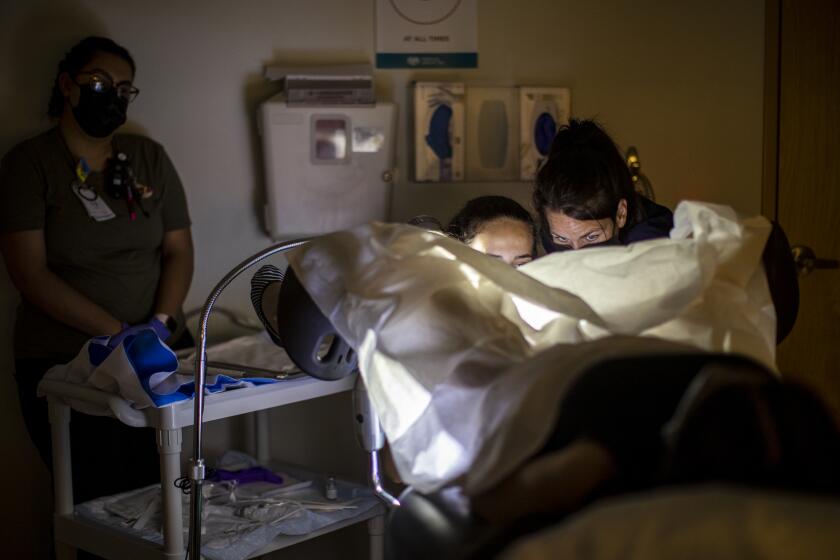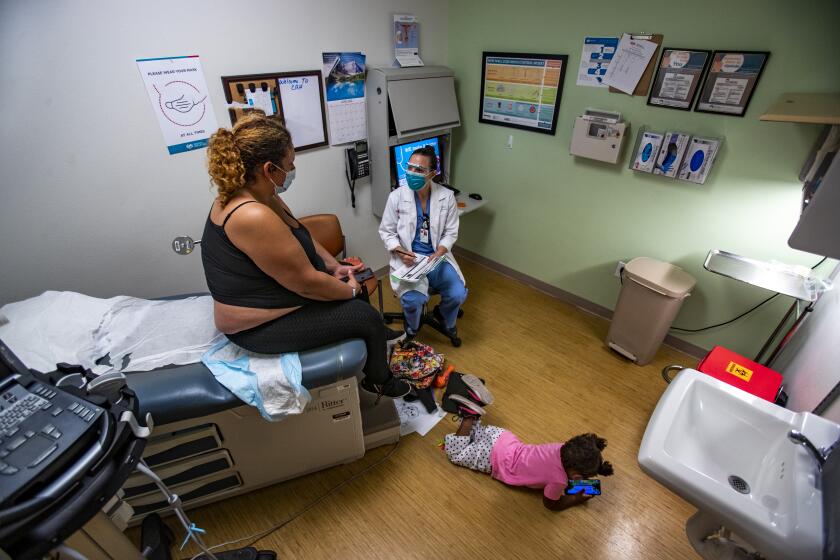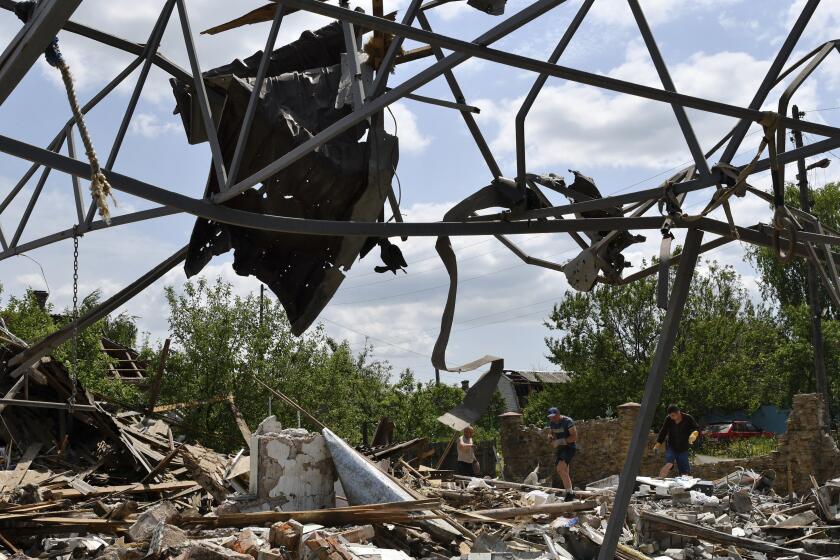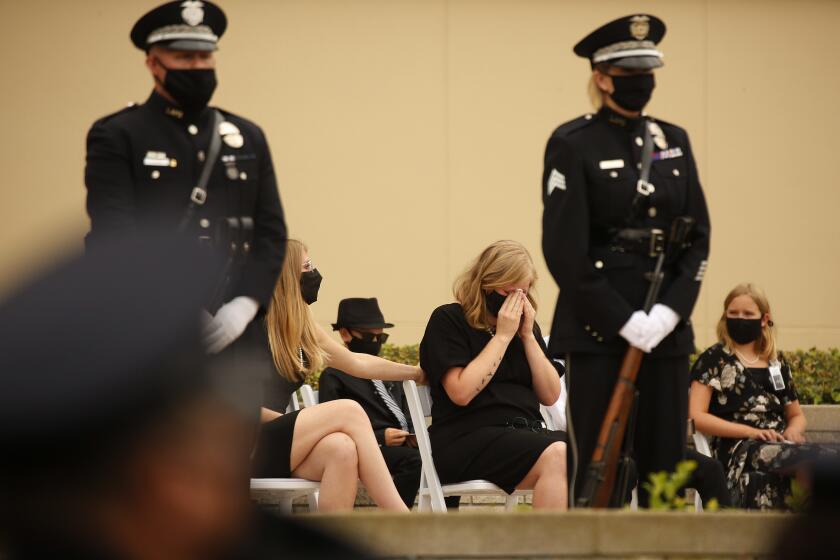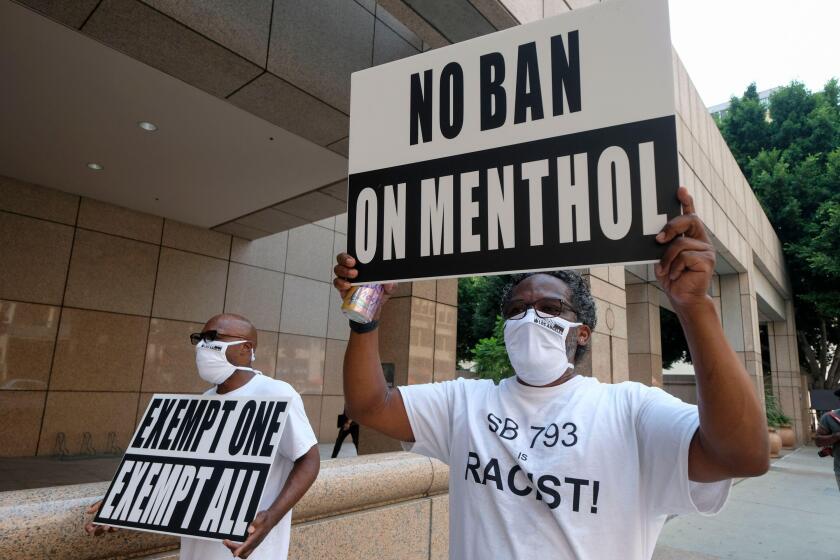
Emily Baumgaertner
Follow Us
Emily Baumgaertner was a national correspondent for the Los Angeles Times focused on medical investigations and features. She joined the newsroom in 2019 from the New York Times Washington bureau and left in 2022. Her work has appeared in the Atlantic, the Washington Post, Foreign Policy, Scientific American and elsewhere. A New Haven, Conn., native, Baumgaertner earned her master of public health degree from the George Washington University.
Latest From This Author
The abortion bans that have swept the country all include an exception when a pregnancy is life-threatening. But that’s often a judgment call.
Lilly Frost continuó con su negocio incluso cuando varios fracasos dejaron claro que su plan era demasiado bueno para ser cierto. El colapso de su empresa y su rastro de angustia ofrecen una visión de lo que puede salir mal en la industria de la maternidad subrogada, que en gran medida no está regulada.
Lilly Frost continued her business even as several failures made clear that her plan was too good to be true. The collapse of her enterprise and its trail of heartbreak provide a look at what can go wrong in the largely unregulated surrogacy industry.
New Mexico is one of six states that allow late-term abortions. With Roe vs. Wade reversed, it expects a steep rise in out-of-state visitors.
The Ukrainian president called the city of Severodonetsk the ‘epicenter’ of his country’s confrontation with Russia, now in its 16th week.
The near-total capture of Severodonetsk, on the Seversky Donets River, is another steppingstone in Russia’s bid to occupy eastern Ukraine.
The milestone is an indelible reminder of the awful toll that the disease has taken and continues to take.
A joint investigation has learned that Newport cigarette maker Reynolds American has hired Black lobbyists and influenced grass-roots groups to help fan fears among Black communities about menthol bans.
La comunidad de la afasia espera que el diagnóstico de Bruce Willis ayude a reducir el estigma de las enfermedades invisibles y a que se comprenda mejor una enfermedad que afecta a unos dos millones de estadounidenses.
The aphasia community hopes Bruce Willis’ diagnosis will help reduce the stigma of invisible illnesses and lead to better understanding of a condition that affects about 2 million Americans.
